Discussing in groups about the draft Law on Land (amended), National Assembly Chairman Vuong Dinh Hue proposed to clearly stipulate the principles and methods for determining land prices; ensuring the substance of collecting public opinions on land use planning at provincial and district levels...
It is necessary to clearly stipulate the principles and methods for determining land prices.
National Assembly Chairman Vuong Dinh Hue said that it is necessary to clarify regulations on land finance, especially land valuation and land use planning.
 |
National Assembly Chairman Vuong Dinh Hue speaks. Photo: DOAN TAN |
Resolution No. 18 of the Central Committee requires that land must be fully investigated, evaluated, inventoried, quantified and accounted for in the economy. Therefore, the Chairman of the National Assembly believes that it is possible to design a chapter in the draft Land Law (amended) on this issue, or to provide scattered provisions in the chapters but must fully stipulate the contents to build and complete the national database on land. This is a fundamental issue for managing land resources and assets.
In particular, Resolution No. 18 of the Central Committee requires a mechanism and method to determine land prices according to market principles. In land finance, the most difficult issue is land valuation. Emphasizing this, the Chairman of the National Assembly suggested that the draft Land Law (amended) must clearly stipulate the principles of determining land prices and methods of determining land prices for the National Assembly to comment. It would be better for the entire National Assembly to discuss, consider and decide than to wait for the Land Law to be promulgated before the Government studies and develops a detailed guiding decree.
The National Assembly Chairman gave an example, in the draft Resolution of the National Assembly on piloting a number of specific mechanisms and policies for Ho Chi Minh City, there is a very important content that the city persistently proposed, which is to allow the application of the K coefficient method because of its transparency and ease of implementation. Investors can immediately determine the input costs, land rental, one-time payment or annual payment in their financial plan. Management agencies can also apply it, very transparently. The application of the K coefficient method will also handle the complicated border land issue in recent times.
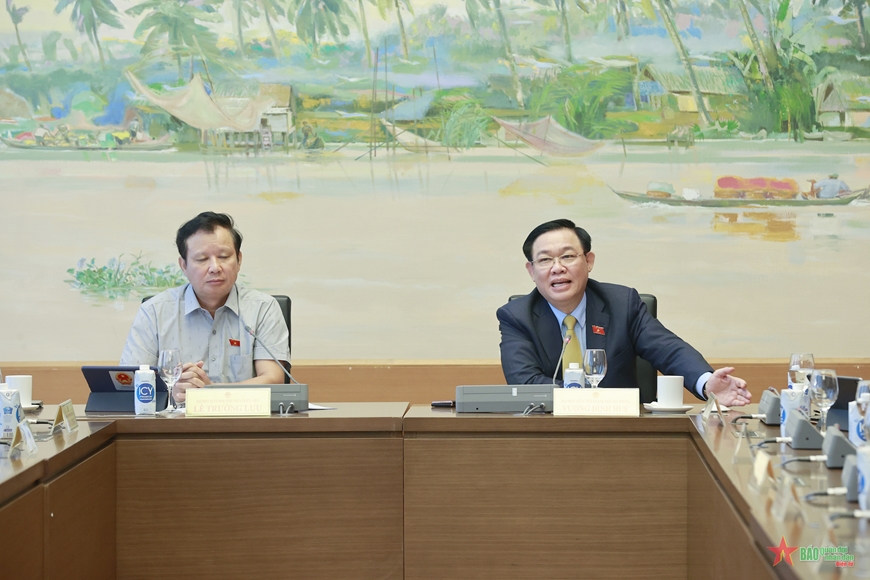 |
| National Assembly Chairman Vuong Dinh Hue speaks at the meeting. Photo: DOAN TAN |
Hesitant to invest in agriculture because of fear of sudden planning changes
The National Assembly Chairman expressed agreement with the opinions of many National Assembly deputies that the provisions in the draft Land Law (amended) have not ensured the substance of collecting public opinions on provincial-level land use planning, district-level land use planning and plans. The draft law has not clearly stated what percentage can be determined as consensus or disagreement, and what happens if the people do not agree. If the people do not agree with the draft, will the competent authority consider and amend the content of the draft planning and plan? Amend it in whole or in part? In case of reservations as in the draft, what is the accountability? What are the sanctions for handling the responsibilities of competent persons who do not fulfill their accountability? If these issues are not clarified, the feasibility of collecting public opinions will be very low, it will be a formality and will also be very difficult for those implementing it at the grassroots level.
Regarding the review and adjustment of land use planning and plans, the National Assembly Chairman pointed out that in reality, investors are very reluctant to invest in agriculture because they are afraid of "sudden changes in agricultural land use planning and plans". The biggest risk of investing in agriculture is land use planning and plans. "If there are no detailed regulations, it will be very difficult to operate, and once operated, it will be difficult to avoid violations while reviewing and adjusting land use planning and plans is very difficult to avoid in reality because this is an inevitable need of practical development", said the National Assembly Chairman.
 |
| Scene of the group meeting. Photo: DOAN TAN |
The National Assembly Chairman proposed very specific, detailed, and strict regulations on conditions, order, procedures, authority, supervision issues, and sanctions for handling violations in cases where adjustments are taken advantage of to change land use planning and plans for group interests, corruption, and negativity, affecting the legitimate rights and interests of the people.
The draft Land Law (amended) must supplement the provisions on the principles of reviewing and adjusting land use planning and plans to be compatible with the content of the principles of making land use planning and plans; prescribe basic criteria for reviewing and adjusting land use planning and plans to limit arbitrary changes to planning and plans; supplement sanctions for organizations and individuals with authority in reviewing and adjusting land use planning and plans. Thereby increasing deterrence and restoring order in this field.
WIN
Source


![[Photo] President Luong Cuong presents the decision to appoint Deputy Head of the Office of the President](https://vphoto.vietnam.vn/thumb/1200x675/vietnam/resource/IMAGE/2025/5/8/501f8ee192f3476ab9f7579c57b423ad)

![[Photo] National Assembly Chairman Tran Thanh Man chairs the meeting of the Subcommittee on Documents of the First National Assembly Party Congress](https://vphoto.vietnam.vn/thumb/1200x675/vietnam/resource/IMAGE/2025/5/8/72b19a73d94a4affab411fd8c87f4f8d)

![[Photo] Prime Minister Pham Minh Chinh meets with the Policy Advisory Council on Private Economic Development](https://vphoto.vietnam.vn/thumb/1200x675/vietnam/resource/IMAGE/2025/5/8/387da60b85cc489ab2aed8442fc3b14a)
![[Photo] General Secretary concludes visit to Azerbaijan, departs for visit to Russian Federation](https://vphoto.vietnam.vn/thumb/1200x675/vietnam/resource/IMAGE/2025/5/8/7a135ad280314b66917ad278ce0e26fa)
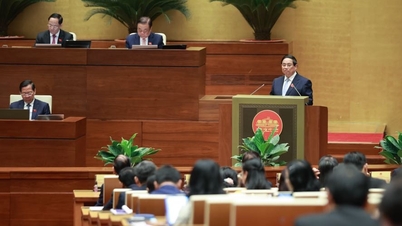

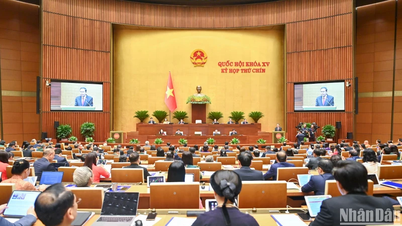








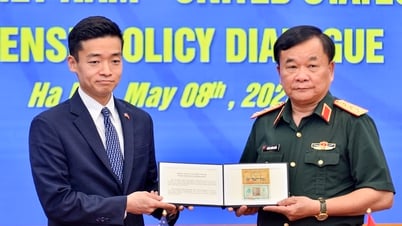









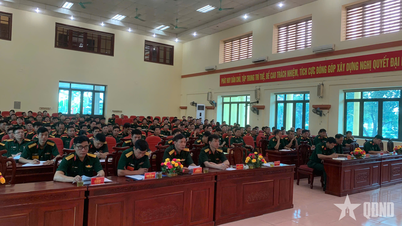

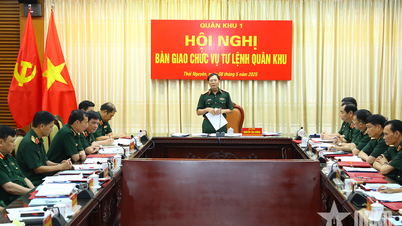
































![[Photo] Prime Minister Pham Minh Chinh talks on the phone with Singaporean Prime Minister Lawrence Wong](https://vphoto.vietnam.vn/thumb/402x226/vietnam/resource/IMAGE/2025/5/8/e2eab082d9bc4fc4a360b28fa0ab94de)



















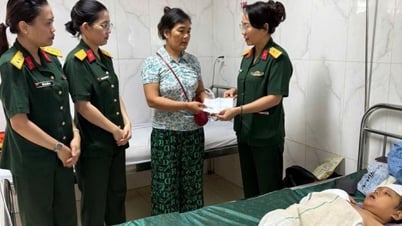

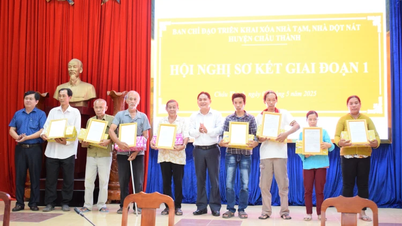












Comment (0)